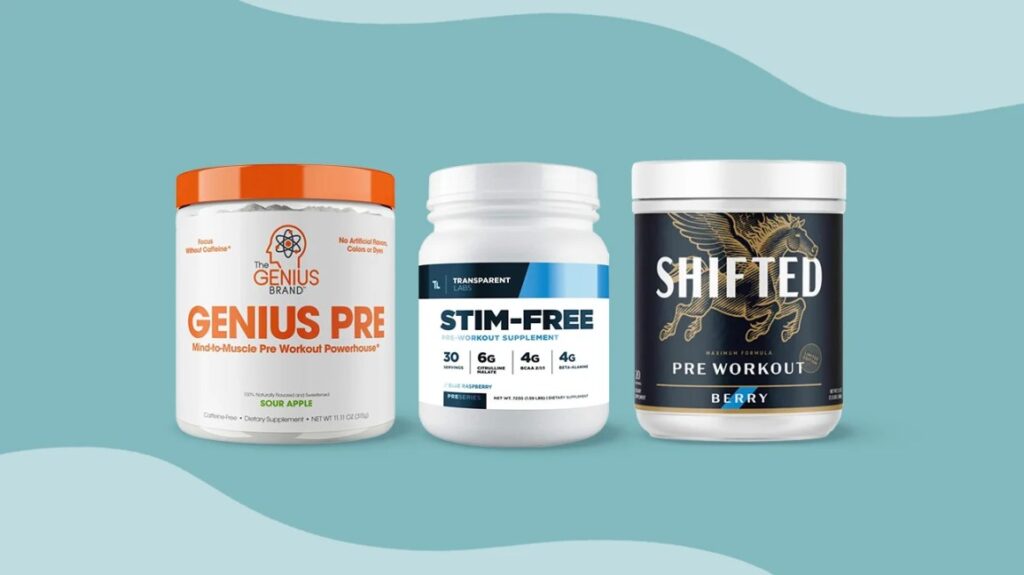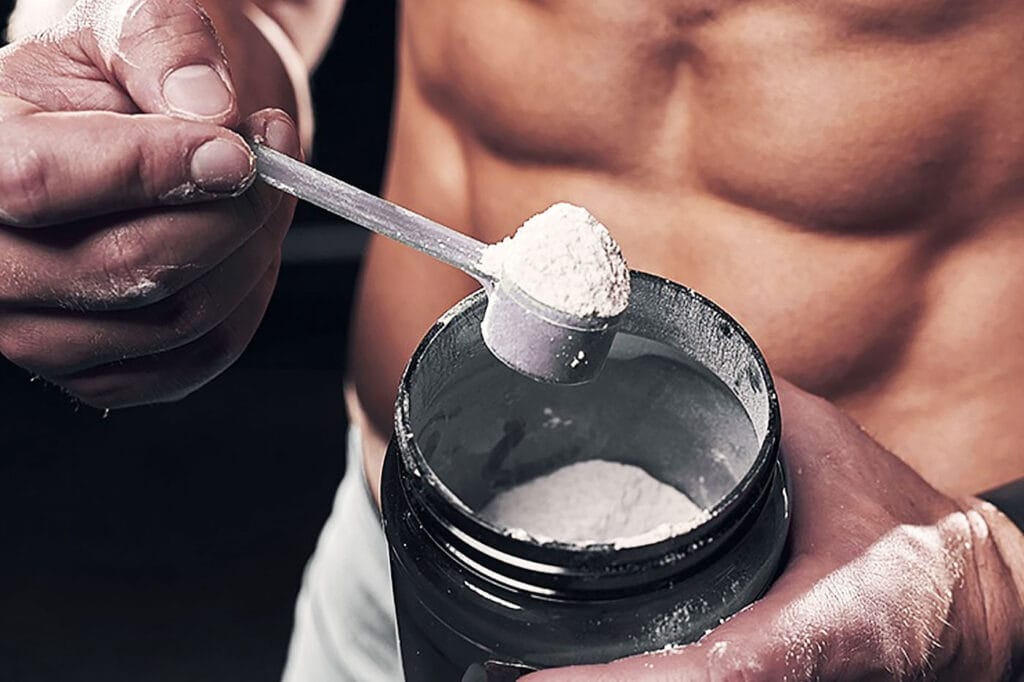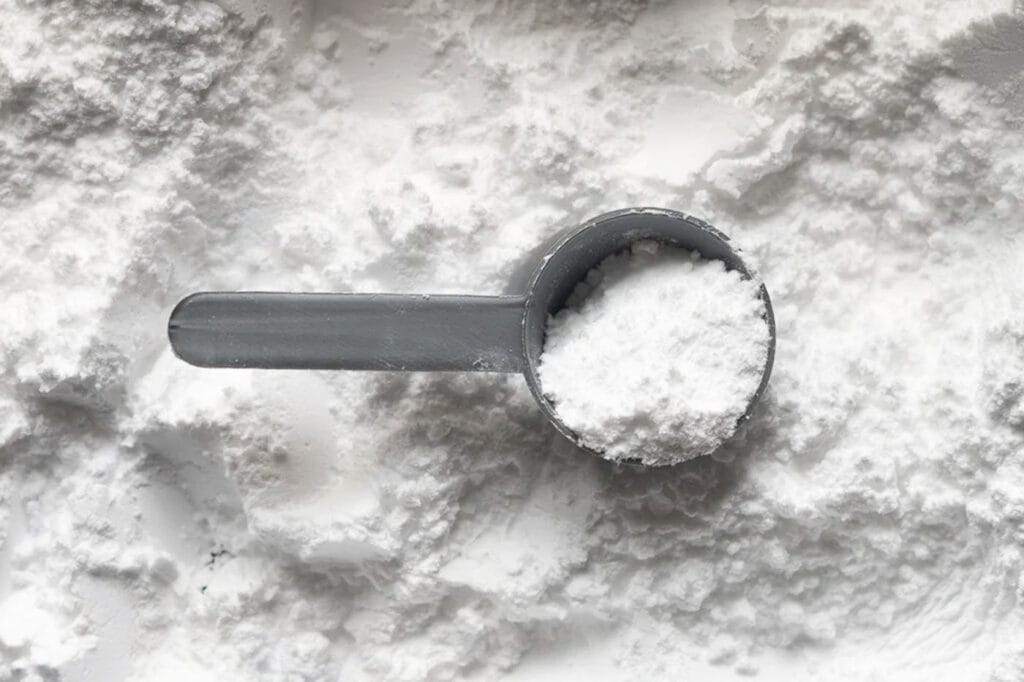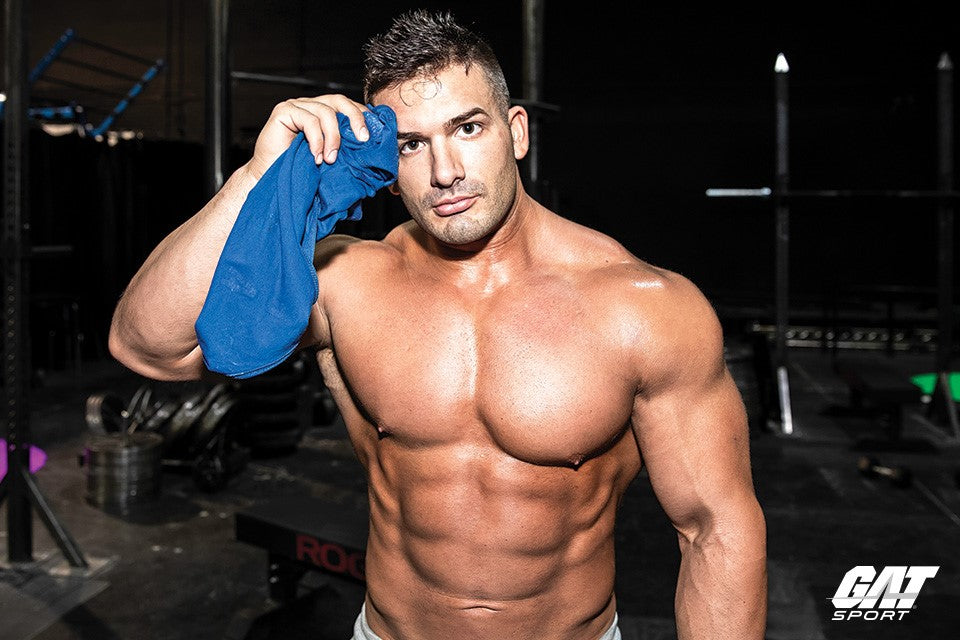Yes, you can take creatine monohydrate without exercising. Doing so may still offer some health benefits, though less pronounced.
Creatine monohydrate, commonly associated with strength and muscle gain, is a supplement that goes beyond just supporting workout routines. Its intake can enhance cognitive function and support energy production at a cellular level. While primarily beneficial to those involved in high-intensity activities, creatine’s versatility makes it valuable for everyone.
Our bodies produce this compound naturally, and supplementing with creatine monohydrate can assist in maintaining optimal levels, even in the absence of exercise. This approach could be particularly advantageous for individuals seeking to boost mental sharpness or for those with certain health conditions that impair creatine synthesis or utilization. Nonetheless, for optimal results and to truly unlock its muscle-enhancing benefits, pairing creatine intake with regular exercise is generally advised.
The Creatine Monohydrate Debate
Some people think creatine monohydrate is only for athletes. This is not true. Anyone can use it, even without regular gym visits. Creatine is a substance found in foods, like fish and meat. Our bodies also make it naturally.
One common myth suggests that taking creatine is harmful without exercise. Studies show it is safe. Another myth states that creatine causes dehydration and cramps. Scientific evidence does not support this. Always drink plenty of water.
Lastly, some people believe creatine is a steroid. This is false. It is a natural compound that helps muscles produce energy. It’s not related to steroids at all. Always consult a doctor before starting any supplement.
Muscle Gains Vs. General Health Benefits
Many people use creatine monohydrate to improve their muscles. This supplement can help muscles grow bigger and stronger. This happens when you exercise a lot. But creatine is not just for muscles.
It also has health benefits that do not need exercise. For instance, it can boost brain power. It also might help with keeping a healthy heart. So, even without lifting weights, creatine can be helpful.
- Boosts brain function – Better thinking and memory.
- Heart health support – May improve heart performance.
- Energy for daily life – More fuel for your body’s cells.

How Creatine Works In The Body
Creatine monohydrate is popular among athletes for a reason. This compound helps store high-energy phosphate groups in the form of phosphocreatine. Phosphocreatine releases energy during stress, like intense physical activity, to help produce ATP, the body’s primary energy carrier. Essentially, it offers a quick energy boost to improve athletic performance and muscle endurance.
But creatine’s benefits go beyond muscular power. It also supports brain function, aids in muscle recovery, and could even boost cognitive processing. Without a workout, your body still utilizes these benefits. Creatine serves as an energy reserve that can help with daily activities and overall health maintenance.
Studying The Effects Without Exercise
Many people think creatine monohydrate is only for those who exercise. Studies show that creatine can benefit sedentary individuals as well.
Research highlights improvements in brain function and a potential to aid muscular health in non-active users. The effects are noticeable in cognitive tasks and overall daily energy levels.
| Group | Muscle Mass | Brain Function | Daily Energy |
|---|---|---|---|
| Active Users | Increased Significantly | Enhanced Sharpness | Boosted Stamina |
| Inactive Users | Slight Increase | Improved Focus | More Energetic |
Comparing active and inactive users, both groups show benefits. Yet, active users experience greater gains in muscle mass. Inactive users still benefit from increased focus and energy.
Health Considerations And Risks
Taking creatine monohydrate without exercising might lead to certain side effects. Common issues include weight gain due to water retention. Some people report experiencing digestive discomfort like bloating or cramps. Notably, without physical activity, creatine’s muscle and performance benefits are limited.
Considering long-term use without exercise, risks may increase. Creatine is stored in muscles, but excess levels could strain kidneys. Dehydration is another possible concern. Regular hydration is crucial. Moreover, consult a healthcare professional before starting supplements, particularly with underlying health conditions.
Can You Benefit From Creatine Without The Gym?
Taking creatine monohydrate isn’t limited to athletes. Research suggests cognitive boosts may occur, even without exercise. People experiencing mental fatigue and needing increased brain performance find creatine helpful. Creatine’s role in energy production is crucial here.
This supplement also shows promise in overall health improvement. Heart health and blood sugar management are potential benefactors. Studies indicate improved muscular function in individuals with neuromuscular disorders.
Personal accounts back these findings up. They reveal how some non-exercisers feel more energized. Others notice sharper thinking. These stories add weight to scientific research.
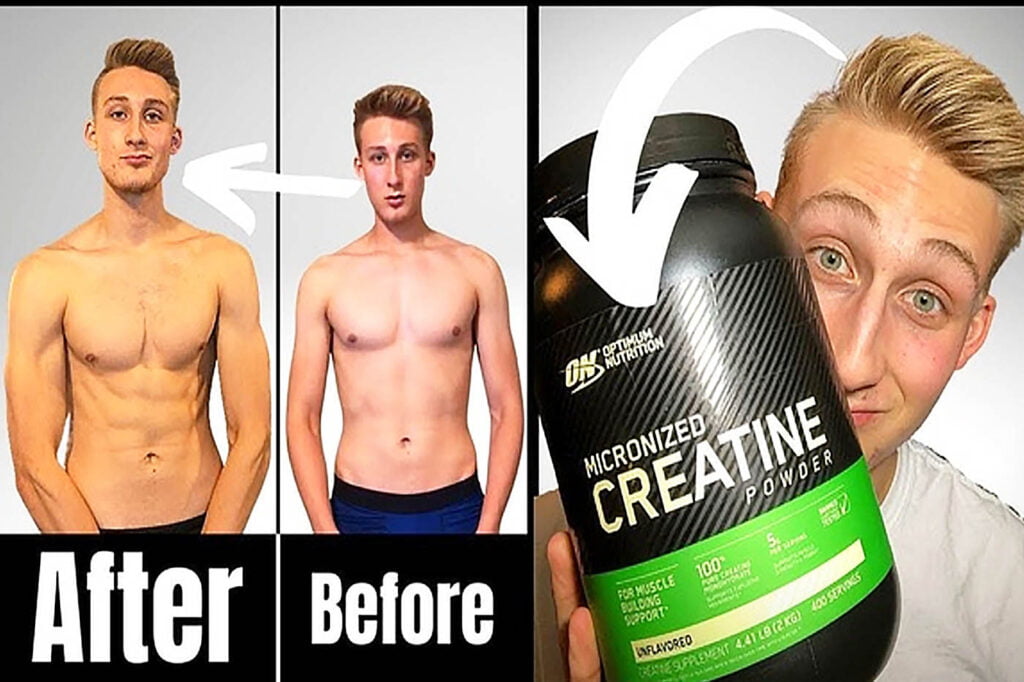
Optimizing Creatine Use For Non-athletes
Creatine monohydrate supplementation does not strictly require exercise. It often serves to enhance muscular energy during workouts. Yet, your body may still benefit without hitting the gym. Proper dosage is key. Most studies suggest a daily intake of 3-5 grams is optimal.
Blending creatine with daily diet and lifestyle is crucial. Include ample water, since creatine can lead to dehydration. A diet rich in protein and carbs aids its absorption. Fruits and vegetables also help with creatine uptake. Creatine enhances lifestyle modifications that improve overall well-being, such as getting enough sleep and reducing stress.
Expert Opinions And Final Verdict
Expert opinions on creatine monohydrate underscore its benefits. Regular workout routines are not mandatory. Nutritionists confirm that creatine aids in energy production. This is true even for non-athletes. Trainers, though, stress the amplified results with exercise.
Research reviews highlight creatine’s role. It supports muscle function and brain health. These benefits occur without the need for gym sessions. Yet, active individuals might experience more noticeable gains.
Professionals consider consistent creatine intake to be safe. It can be part of a healthy diet. This holds true even for those leading a less active lifestyle. The key takeaway is balanced supplementation within recommended doses.
FAQs On Creatine Without Exercise
Taking creatine monohydrate without exercise is a topic many wonder about. Common belief is that creatine only helps if you work out. This isn’t entirely true. Creatine can offer benefits beyond muscle growth. It may improve brain function and aid in overall wellness.
People ask, “Will I gain weight from creatine if I don’t exercise?” Some weight gain may occur. This gain is often from increased water retention, not fat. Are there any side effects? Usually, creatine is safe. Still, it’s best to talk to a doctor before starting.
Many question, “Is creatine only for athletes?” The answer is no. Creatine is beneficial for anyone, as it supports cell function in our bodies. Proper dosage is important. Experts recommend 3-5 grams daily for optimal results.
Closing Thoughts: To Take Or Not To Take?
Deciding on creatine use without exercise depends on individual goals. Body needs and desired outcomes guide this choice. Some people may benefit for various reasons. Others might not find it as useful. It’s essential to assess your daily routine. Consider potential advantages for your lifestyle. Consulting a healthcare provider can offer tailored advice. Also, they can monitor your health during use.
Research on creatine continues to evolve. New findings may show different benefits. Future trends may suggest broader applications. Stay informed on the latest studies. They could impact the recommendation for creatine. Keep an eye on upcoming trends. They might change the way we view creatine’s role without exercise.
Frequently Asked Questions On Can You Take Creatine Monohydrate Without Working Out?
What Happens If You Take Creatine But Don’t Workout?
Taking creatine without exercising may lead to minor increases in muscle phosphocreatine stores, possibly enhancing short-term anaerobic performance for daily tasks. Nevertheless, without workout-induced muscle stimulation, significant muscle growth or strength gains are unlikely.
Is It Ok To Take Creatine Everyday?
Yes, taking creatine daily is generally safe for most people. Stick to the recommended dosage and consult a healthcare provider to ensure it fits your health needs.
How Do You Know If Creatine Is Working?
You’ll know creatine is working if you experience increased muscle mass, improved workout performance, and quicker recovery after exercise. Noticeable results typically occur within a few weeks of consistent supplementation.
What Happens If You Don’t Drink Water With Creatine?
Not drinking enough water with creatine can lead to dehydration, reducing its effectiveness and potentially causing kidney stress or damage. Stay hydrated to maximize benefits and minimize risks.
Conclusion
Ending on a clear note, taking creatine monohydrate without exercise is possible, but with caveats. The benefits are maximized when paired with regular workouts. For those seeking health without the gym, a balanced diet should remain a top priority. Always consult a health professional before starting supplements.



